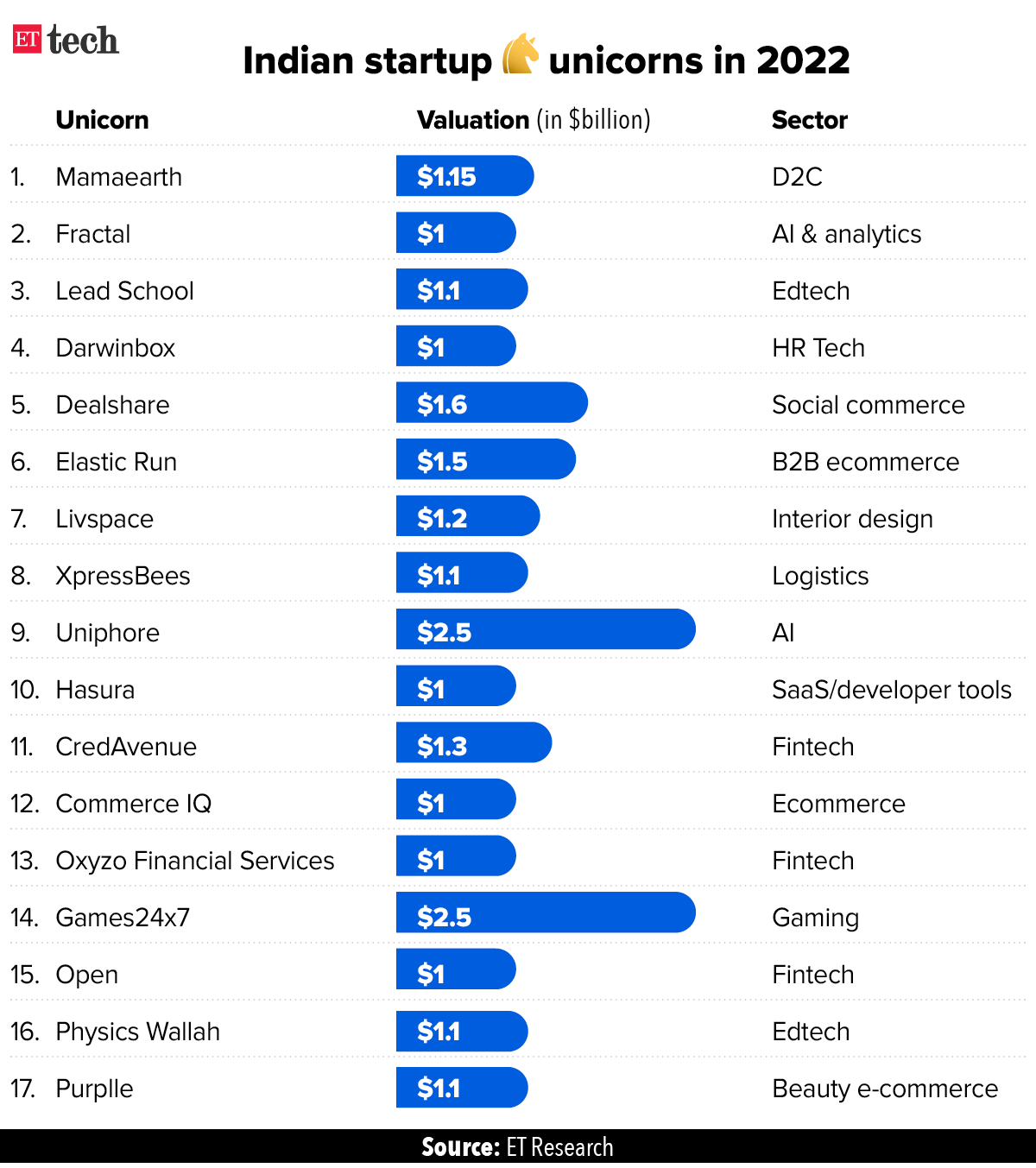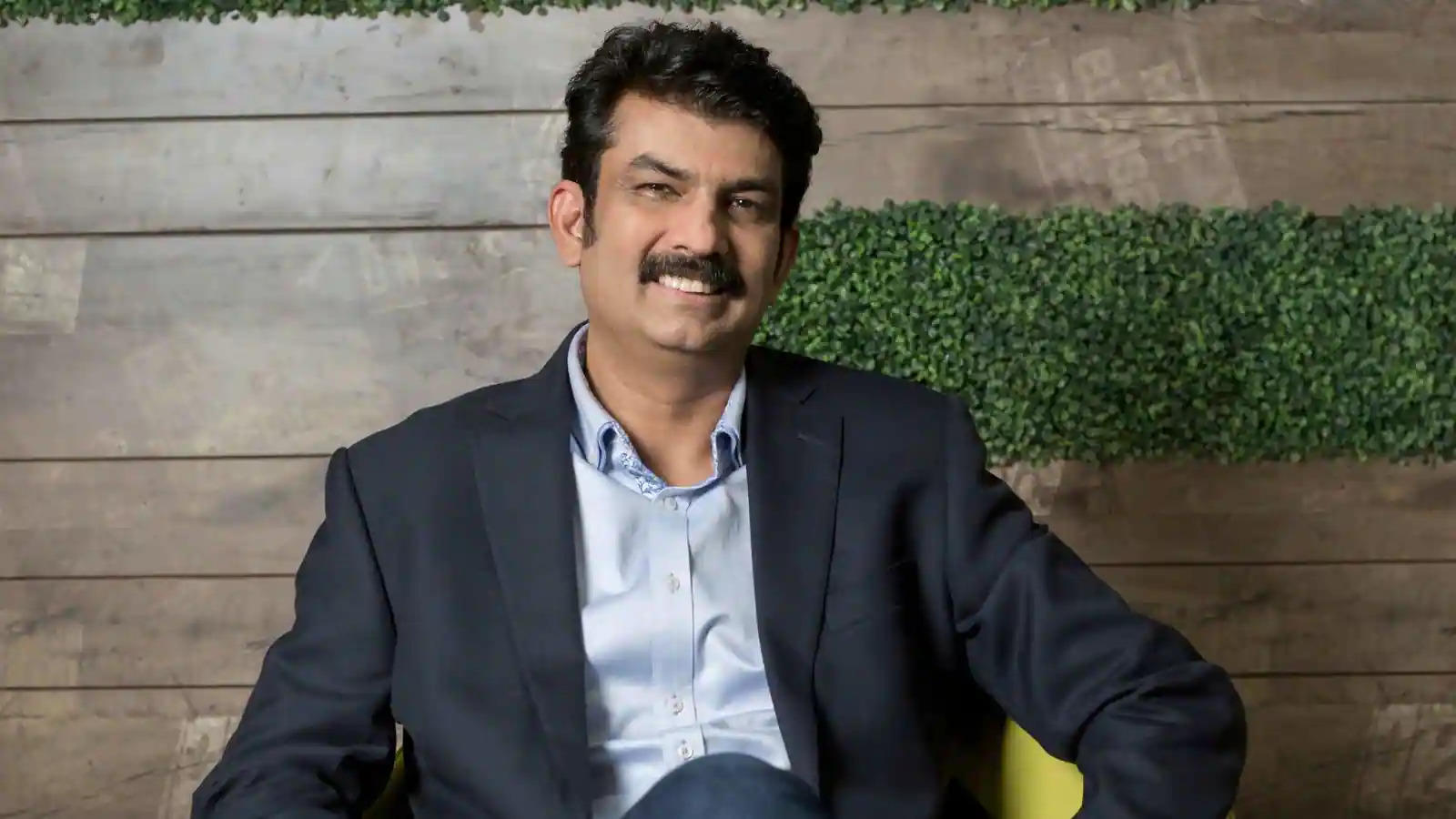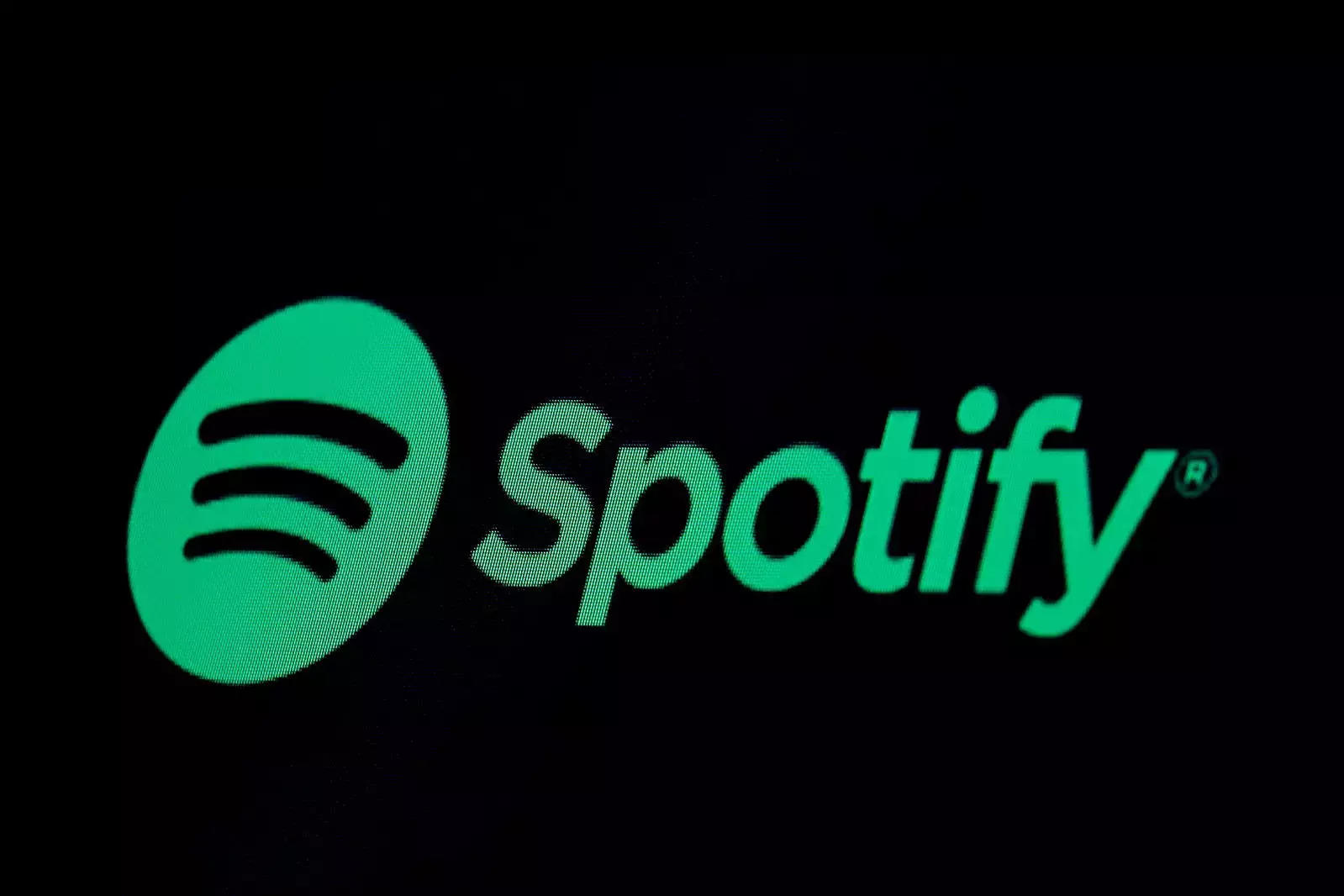Credit: Giphy
Also in this letter:
■ Amid mass layoffs, techies with high-end skills still call the shots
■ Twitter plans to unleash its data ‘firehose’ on Musk
■ Domestic air travel will recover fully by Sept-end: MakeMyTrip CEO
Beauty retailer Purplle is India’s second startup unicorn this week

Manish Taneja, cofounder, Purplle
Online beauty and personal care products retailer Purplle has raised $33 million from Paramark Ventures at a valuation of $1.1 billion.
Two in one: This makes it the 17th Indian tech startup to turn unicorn this year, and the second this week after online education venture Physics Wallah, amid a funding winter in the global startup ecosystem.

Existing investors Premji Invest, Blume Ventures, and Kedaara Capital also participated in the round. The company has raised $215 million to date, including this round. Its earlier investors include Goldman Sachs and Verlinvest.
The company, which competes with larger rival Nykaa, has seven million monthly active users and over 1,000 brands on its platform, including five private labels.
It said its annualised gross merchandise value was $180 million in FY 2022. It has 2,400 employees.
Disrupted: The online beauty market, traditionally dominated by large multinational companies, has seen startups like The Good Glamm Group, Sugar Cosmetics and Mamaearth raise substantial funds in the last two years.
- Last November, Nykaa hit the stock markets at a market cap of $7.1 billion.
Amid mass layoffs, techies with high-end skills still call the shots

Despite layoffs at numerous tech startups and a drop in funding for the ecosystem, candidates with high-end tech skills continue to shop for offers while placement companies struggle with low offer-acceptance rates.
One of the major reasons for the high drop-out rates is that these skills are in demand across a wide variety of companies, from global captives and IT services firms to product, ITeS and consulting companies, job market experts said.
By the numbers: The average offer acceptance rate for roles such as full-stack engineers, data engineers, frontend engineers, SRE/DevOps, data scientists and backend engineers is just about 50%, placement consultants told us.
Take the case of full-stack engineers, who design high-level software applications.
In the fiscal year ended March 31, 2021, their average offer acceptance rate was 73%. This dropped to 53% in FY22 and is now around 50%, according to data from specialist staffing firm Xpheno.
This trend cuts across the other profiles mentioned above, which have seen acceptance rates fall from 80% to 50% over this period.
Calling the shots: The funding freeze hasn’t dented their pay packages either. New hires for these tech roles often command packages that are more than double their current salary, according to data from Xpheno.
“On jobs that require top-level tech skills, candidates are still calling the shots. Out of every 100 offers we roll out, about 60 are accepted by candidates; and only 35 actually join,” said Anshuman Das, CEO of CareerNet and Longhouse Consulting.
Twitter plans to unleash its data ‘firehose’ on Musk

Twitter will yield to Elon Musk’s demand for internal data central to a standoff over his troubled $44 billion bid to buy the social media platform, the Washington Post reported on Wednesday.
The firehose: The Post cited an unnamed source familiar with the negotiations as saying Twitter’s board has decided to let Musk access its full “firehose” API, which churns out an unfiltered stream of every tweet posted worldwide in real-time.
The news comes days after the Tesla chief threatened to back out of his deal to purchase Twitter, accusing it of failing to provide data on fake accounts.
Twitter declined to comment on the Washington Post report but has defended its responsiveness to Musk’s requests, and vowed to complete the deal on the original terms.
Meanwhile, Bloomberg reported that Twitter shareholder John Solak has sued the company, asking a judge to order it to share internal records related to fake accounts and spam bots with Musk.
Twitter plans to hold a shareholder vote on the sale to Musk by August.
Tesla hires in China: Tesla added two dozen job postings in China during an online hiring event, a week after Musk threatened to cut jobs at the company.
MakeMyTrip CEO says domestic air travel will hit pre-Covid levels by Sept-end

With the loosening of pandemic restrictions, demand for domestic air travel is set to hit pre-Covid levels by the end of September, Rajesh Magow, chief executive of MakeMyTrip, has predicted.
Magow expects demand for international air travel to remain subdued for a while — with a full recovery only by the end of the year.
Quote: “On a run rate basis, the recovery on domestic flights is about 85-90% for us. It is similar for hotels. For buses, it is about 95% now. Earlier, our estimate was that we would probably be able to see the full domestic travel recovery for the industry by the end of this quarter. But, because of the ATF prices going up, overall inflationary pressure and high fares, we now believe that it might be by the end of September,” said Magow.
Magow said MakeMyTrip has been witnessing a dramatic recovery. In FY22, the company posted an adjusted profit of $23.2 million compared to an operating loss of $18 million in the previous fiscal.
MakeMyTrip is currently on an expansion spree. It plans to foray into Saudi Arabia this year and expand redBus services to Vietnam.
Tweet of the day
Spotify expects to hit $100 billion revenue in 10 years

Music streaming giant Spotify said it expected to hit an annual revenue of $100 billion in 10 years at its investor day on Wednesday – the company’s first since going public in 2018.
What will it take? To achieve the audacious goal, Spotify’s founder and chief executive Daniel Ek said the company would need to grow its revenues nearly 10-fold from the $11.4 billion it earned last year. He also said gross and operating margins would jump 40% and 20%, respectively.
Quote: “Spotify will put out these pretty audacious targets, and we are going after these because that’s how we see the world, and we are going to invest behind that,” said Ek.
Spotify has had a rough year so far. Shares of the company are down 53% this year, compared to a 24% drop in the S&P 500 communication services index.
Despite the challenges, the company’s chief content officer David Ostroff expects the business to get a big boost from podcasting. Last year, Spotify’s podcast revenues came in at $215 million.
Today’s ETtech Top 5 newsletter was curated by Zaheer Merchant in Mumbai and Ruchir Vyas in New Delhi. Graphics and illustrations by Rahul Awasthi.
























